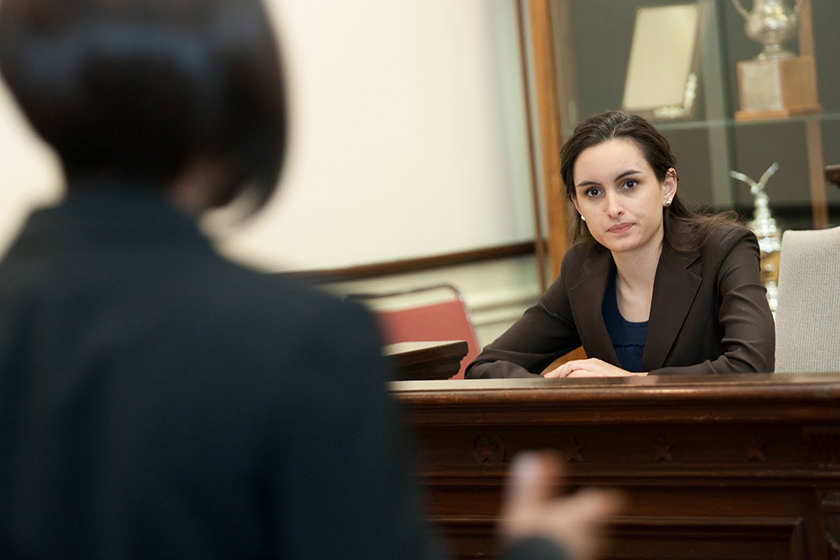When is a photograph more disturbing than useful, particularly in an emotionally-charged trial such as a homicide case (and, more particularly, in a homicide trial where the victim is a young child)? At once a seemingly narrow inquiry, how this question is answered resonates in all sorts of cases, particularly criminal and personal injury, where a photograph or video showing severe injuries is offered as evidence. The Pennsylvania Supreme Court debated this in Commonwealth v. Woodard, 2015 Pa. LEXIS 2786 (decided December 3, 2015). The views of both the majority and dissent warrant discussion, as they frame the issue radically differently and in so doing invite further and science-informed litigation on this issue. Woodard was accused of killing the two-year-old child of his one-time paramour when the child was left in his custody. The injuries were “blunt trauma,” i.e., injuries caused by blows from a fist or other hard object. “Following a hearing where expert medical testimony was presented, the trial court granted the Commonwealth’s motion and ruled that thirteen autopsy photos (twelve color and …








